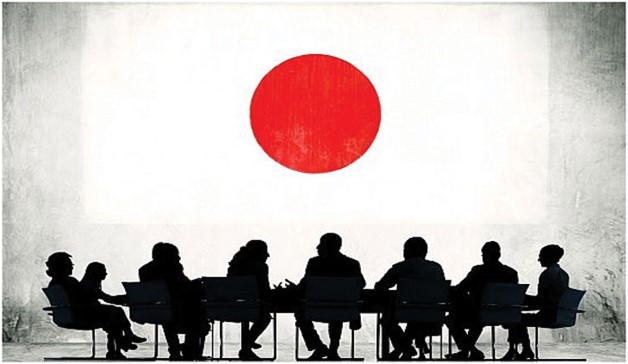
JAPN 333: Japanese Business Culture and Protocol
Fall 2022
Instructor: Dr. Ikuho Amano
Tuesdays & Thursdays: 2–3:15 p.m.
OLDH 308
Taught in English. No knowledge of Japanese language is required.
This course introduces you to the standard of contemporary Japanese business culture and related social protocols. In today’s increasingly globalized world, understanding of local norms and values holds a key to succeed in not only the field of professional business but also in other occasions such as study abroad, homestay, internship, and correspondence with people working outside the United States or North American standards. Situated at the east edge of the Asian region, Japan has been historically under influence of various cultures and socio-political ideologies. On the other hand, the country has sustained its national body significantly as a homogenous society in terms of ethnicity and cultural standard. Given such social complexity, people are expected to follow strict protocols with an appropriate sense of awareness – especially in business scenes.
Throughout the semester, this course discusses key elements in business culture and relevant protocols. An emphasis will be given to case studies of mid to large-sized corporations in Japan. Beginning with internal corporate structures, our course material covers a wide range of issues such as long-surviving system of hierarchy, seniority, group mentality, lifetime employment, and decline of these after the collapse of the Bubble Economy. Within an organizational structure, understanding of specific mannerism in negotiation, presentation, and other forms of communication plays a very important role. To this end, the course introduces a basic style and rhetoric for composing ringi (intra-organizational document for administrative approval), how to work on nemawashi (pre arrangement or groundwork) before proposing ideas or conducting certain projects, and ways to handle organizational politics etc. Further, the course extends our discussion to cultural expectations, manners, and etiquettes. Traditionally, many Japanese people consider that workplace is one’s secondary home or family and embrace a strong sense of belonging. In order to handle such an intricate social dynamics in work environment, our knowledge of various shakō girei (social ritual; courtesy) is a necessary cultural erudition in Japan. We cover all these.